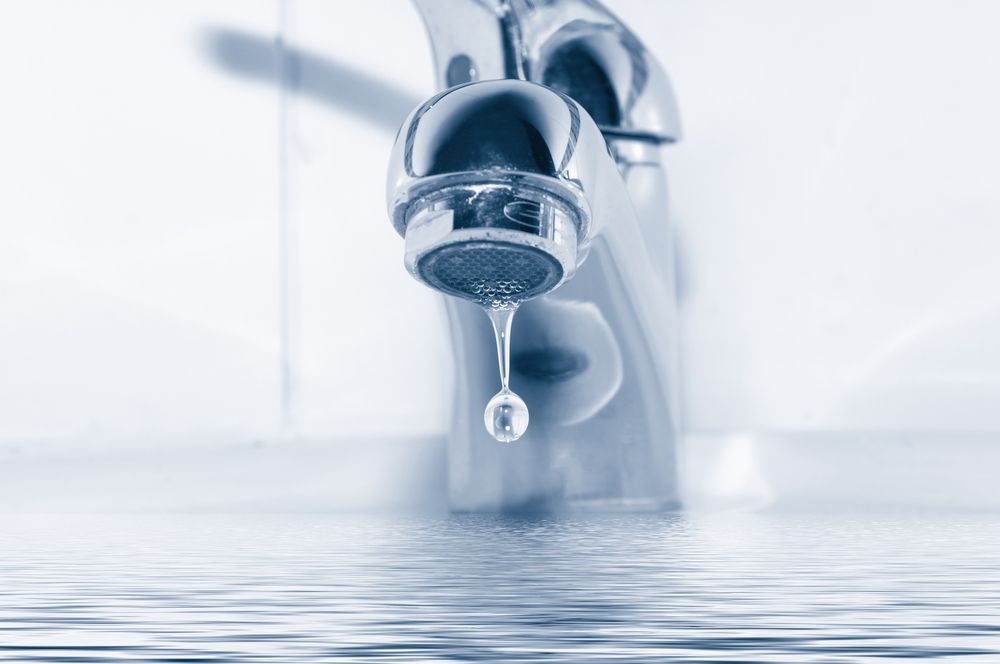Household Bills
Water customers to be refunded £114m over firms’ poor performance

Water firms will be forced to pay back a total of £114m to customers through their bills next year, after they underperformed last year, the regulator has confirmed.
The majority of the UK’s 17 water providers failed to meet their 2022 to 2023 targets, as set by the regulator Ofwat, and will now have to return money to customers.
The regulator set five-year “stretching targets” for water companies for 2020 to 2025 to deliver “better outcomes for both customers and the environment”. These are targets that firms should aim to reach within that timeframe and they look at a company’s performance and efficiency.
Where firms failed to meet these targets, Ofwat reduces the amount of money they can charge customers. For firms that meet the targets, they are allowed to charge customers more money.
It comes as Ofwat publishes its annual water company performance report. In the report, firms are judged for how they operate including pollution incidents, customer service, and leakage.
The following seven companies were described as “lagging”:
- Anglian Water
- Dŵr Cymru
- Southern Water
- Thames Water
- Yorkshire Water
- Bristol Water
- South East Water
The remaining ten were placed in the “average” category and no providers made it into the “leading category”.
It comes as average water bills rose to £448 per year in April.
Five companies will be able to charge more
Ofwat said 12 companies will need to return money to customers next year. They are:
- Affinity Water
- Anglian Water
- Dŵr Cymru
- Hafren Dyfrdwy
- Northumbrian Water
- SES Water
- South East Water
- South West Water (South West area)
- South West Water (Bristol area)
- Southern Water
- Thames Water
- Yorkshire Water
Five companies met their performance targets and will be able to charge higher bills. They are:
- Portsmouth Water
- Severn Trent Water
- South Staffs Water
- United Utilities
- Wessex Water
How much money will be returned to customers?
Instead of individual customers receiving a refund from their water company, the £114m is an overall adjustment on water bills.
If a customer is with a firm that has been ordered to pay money back, they should see their bills reduced, while if their company has performed well, their bills may rise.
The money is split out between water firms, and will be filtered through to customer bills in 2024 to 2025. The exact amounts will be confirmed in November and are currently being consulted on.
The report also looked at company performance between 2020 to 2023. It said that although companies had shown improvements, “progress has been too slow”.
Fewer than half of firms achieved their performance target for reducing pollution incidents and fewer than half met their target for leakage.
Customer satisfaction also fell over the past year and is now at a worse level overall than it was in 2020 to 2021.
Ofwat also found that most companies had not fully invested their allowed funding for service enhancements between 2020 and 2023.
‘Very disappointing news’
David Black, Ofwat CEO, said: “The targets we set for companies were designed to be stretching – to drive improvements for customers and the environment. However, our latest report shows they are falling short, leading to £114m being returned to customers through bill reductions. While that may be welcome to billpayers, it is very disappointing news for all who want to see the sector do better.
“It is not going to be easy for companies to regain public trust, but they have to start with better service for customers and the environment. We will continue to use all our powers to ensure the sector delivers better value.”
‘Unacceptable’
Environment secretary, Thérèse Coffey, said: “Today’s Ofwat report is extremely disappointing. While I acknowledge there is good work ongoing in some companies – cleaning up waterways and investing in vital infrastructure – there is simply not enough of it. The fact that not a single water company is classified as ‘leading’ is unacceptable.
“We have written to the CEOs of every water company in the lowest category of today’s report and my ministerial team and I will meet them in person to scrutinise their improvement plans. Billpayers should know we require the worst performers to return money directly to customers through their bills.
“We are pushing water companies to go further and have changed the rules on bonuses and dividends to ensure billpayers do not reward pollution – or pay for what should already have been delivered.”
Ofwat is currently investigating eleven water and wastewater companies. It also has live enforcement cases with six companies (Anglian Water, Northumbrian Water, South West Water, Thames Water, Wessex Water and Yorkshire Water) for potential failures at sewage treatment works that may have led to sewage discharges into the environment.
There is also a live enforcement case into Dŵr Cymru in relation to the accuracy of its leakage reporting and consumption performance.